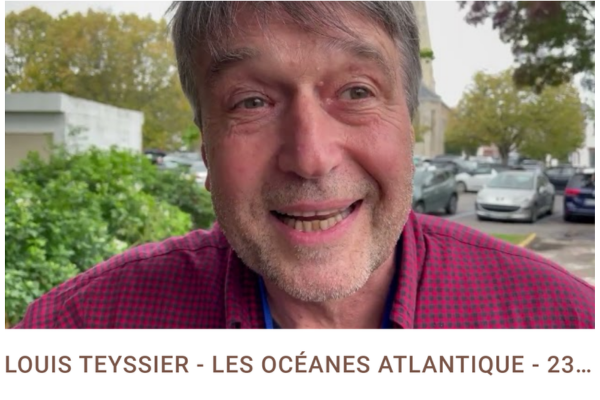Europe : Monday 30/03/2020 – energiesdelamer.eu.
Impact on Wind Supply Chain
The majority of Europe’s wind turbine and component factories continue to operate. Some factories have temporarily paused activity as a precautionary step to strengthen sanitary measures within the sites and guarantee full compliance with government recommendations.
Currently only 7 wind energy manufacturing sites are closed. All of them are located in Spain and Italy, the countries with the strictest lockdown regulations.
In Spain the closed factories are: Siemens Gamesa Renewable Energy’s blade factory in Aoiz; two LM Wind Power blade factories in Castellon and Leon and shipbuilding company Astilleros Gondán production in Fugueras. In Italy the closed factories are eTa’s blade factory in Fano; Celme’s tranformers production in Montebello Vicentino and Promau’s cylinders and cones production in Cesena.
The European wind supply chain experienced some disruptions to the supply of components and materials from China in February. But Chinese component/material supply is now ramping back up again.
Source : Wind Europe
Impact on Policy and Regulatory developments
The following countries have confirmed they will stick to their 2020 auction schedules: the Netherlands, Lithuania and Greece. Some have already extended the auction bidding procedures: Germany, France, Spain, Ireland and the UK. Most Member States are planning to do the same but are yet to confirm the modalities.
The EU Maastricht criteria on national debt and deficit levels are suspended. EU state aid rules have been relaxed as well. This leaves more room for national stimulus packages and emergency financial support from Governments to industry. However, Governments disagree over the EU economic response to the pandemic. There are two options on the table: to use the European Stability Mechanism (ESM) to issue credit lines to countries asking for it and of up to 2% of their GDP, or to issue one-off bonds to pool the additional debt incurred as a result of responding to the crisis. The ESM seems to be gaining a broader support for now. On 26 March the EU Heads of State mandated the Eurogroup of finance ministers to reconcile views and work out solutions within the next two weeks.
The European Central Bank (ECB) has set up a substantial €750 billion Pandemic Emergency Purchase Programme to purchase government bonds and private securities on the financial markets. The ECB has since expanded the criteria of eligible securities to short-term securities with a maturity of over 70 days. The ECB also confirmed that a self-imposed limit to buy no more than a third of any country’s eligible bonds will not apply to the €750 billion programme. Meanwhile, the European Commission has proposed to funnel €37 billion of Cohesion Funds into a Coronavirus Response Investment Initiative to address the consequences of the crisis. The European Investment Bank (EIB) is mobilising €40 billion to alleviate liquidity and working capital constraints for SMEs.
Although EU policy is now fully focused on tackling the COVID-19 crisis, the European Commission has clearly stated it will not cut back on the Green Deal work plan and timelines. The European Institutions’ services continue business-as-usual operations remotely to advance upcoming policy initiatives e.g. the Smart Sector Integration Strategy. The Commission’s leadership – Vice-President for the Green Deal Frans Timmermans, Energy Commissioner Kadri Simson and Internal Market Commissioner Thierry Breton – have all stated in recent days they would offer “even greener solutions” as part of the EU economic recovery plan.
The 27 Heads of State also agreed at their videoconference of 26 March that the green energy transition together with the digital transformation will be at the heart of the EU’s recovery from the pandemic. The EU leaders invited the European Commission together with the Member States and other institutions like the ECB to begin work on Roadmap and an Action Plan for the EU economic recovery with these goals in mind. And they also requested the setting up a crisis management system withing the EU – the Commission will make proposals to that end.
 En cours de chargement…
En cours de chargement…
Publicités Google :







